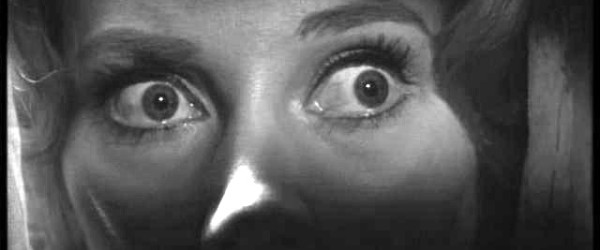“Definitions belong to the definers, not the defined.” -Toni Morrison, Beloved
Awhile back, a friend and colleague said something about me I wasn’t sure how to take: “Heba,” she said, “in some ways you shatter everything that I thought I knew about Muslim women; in other ways, you absolutely embody stereotypes I have.” I smiled, adjusted my hijab, and didn’t ask my friend to elaborate.
Yesterday, another friend and colleague articulated to me a thought about how some Muslim women in Canada are being treated in the wake of the Paris attacks: “Heba,” she said, “it saddens me how ignorant and hateful people are being.” She hesitated for a moment, but then asked me how I was doing and if I, as a hijab wearing Muslim woman, felt safe. I told her that I was okay but also thought about a young Muslim woman I know who’d spoken out about her frustration with feeling afraid. She was angry that people she saw in the streets only saw her hijab through the distorted picture painted by mainstream media that would seem to link it with acts of terror. She’d wondered if their hatefulness was always present and if the repercussions in the wake of terror attacks were a manifestation of that hate. “Who are we, Heba,” she asked, “if not walking symbols towards which ignorant people can direct their hatred?”
I’m blessed in that I work and study with amazingly kind, smart, open-minded people, allies with the intention and desire to make a positive impact in the world we live. I realize that maybe not all of the people I work with fall under this camp, it is a big institution, after all. Perhaps I have attracted a certain quality of people into my life. So, as an obviously Muslim woman in academia, you might say that I am a magnet.
In the wake of Friday the 13th, these allies have spoken about the “-isms” of grief and their historically and politically mediated expressions. They’ve referenced Judith Butler’s letter from Paris; they’ve shared ideas about media coverage; they’ve pondered the words in the poetry of Key Ballah. So, as an obviously Muslim woman who works in language and literature, you might say that I am a sounding board.
Outside of work and study, I am a Muslim woman connected to a larger religious community – on the internet. From what I’ve read and heard online, the community is responding to November 13th in various ways. There are those who speak about the issue by problematizing why Muslims are asked to condemn terrorism. There are others who count the ways in which the Islam they aspire to is not a conduit to terror. Some speak about how they feel in relation to the hate they hear about or experience from others. Others must face the very real backlash. Still others call for understanding and remind us of our commonalities. In sum, as an obviously Muslim woman, I am or should be, (impossibly/simultaneously) a non-apologizer, an apologizer, a target, a victim, in tune with the spectrum of my emotions as I stand in the margins and hope to show that there isn’t much difference between me and the other woman who sits in the centre.
Even as I sift through the opinions and critiques, I realize that not everyone will have the privilege of being able to do the same. Some have been caught in the middle and have lost their lives.
Writing this piece, linking to the opinions and critiques on the news that currently grips airwaves and virtual spaces, has been useful for me. It has made me realize that in some ways my own responses are rooted in both shattered stereotypes and embodied ones. It has made me realize that I want to assure my friend and colleague that I do feel safe but also vigilant. It has made me want to tell the defiant young Muslim woman (she knows who she is) that she doesn’t always have to decide on whether she needs to play defence or offence. She should continue to question the inequalities, to fight the injustices, and to smile in that hijab to which she so bravely holds.

